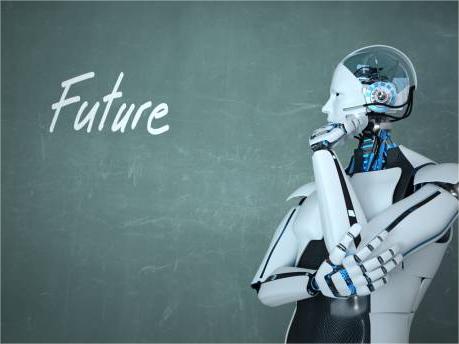- Former OpenAI, Tesla engineer Andrej Karpathy is developing an educational platform to create AI teaching assistants to improve learning.
- The Eureka Lab marks a significant development at the intersection of AI and education, promising to shape the future of learning through innovative technologies.
OUR TAKE
The startup is developing Eureka Labs, an AI native education platform that plans to create AI teaching assistants. By integrating AI technology, it not only improves student learning and teacher productivity, but also demonstrates the potential and importance of driving technological innovation in the field of education.
–Dolly Huang, BTW reporter
What happened
Andrej Karpathy, former head of AI at Tesla and an OpenAI researcher, is developing Eureka Labs, an “AI-native” education platform that integrates artificial intelligence into the learning experience.
The startup, based in San Francisco and registered as a limited liability company in Delaware, aims to leverage advances in generative artificial intelligence to create AI teaching assistants.
The Eureka Lab plans to start with traditional teaching methods, with human teachers designing course content, supported by AI assistants.
These assistants are envisioned as working with human teachers to enhance the learning process by guiding students through course materials.
While the company has ambitious goals to integrate AI into education, it has yet to develop or test the effectiveness of these AI assistants in real classrooms.
Despite the fact that Eureka Labs intends to create AI teaching assistants, Karpathy stated that the LLM101n AI course will be the first product from the new business. Undergraduates are the target audience for this course, which teaches them how to train their own AI models.
Also read: The process of training an AI model
Also read: OpenAI foresees major leaps in large language models
Why it’s important
Eureka Labs represents a significant attempt to innovate in education by leveraging AI technology.
AI has the ability to analyse student performance in real time, identify areas of difficulty, and provide immediate, personalized support based on each student’s needs, rather than waiting for feedback from human teachers or assessments at the end of the course.
This targeted approach not only helps students better grasp complex concepts, but also addresses individual learning needs more effectively than traditional methods, thus improving the retention of knowledge.
The application of AI teaching assistants can also significantly improve the work efficiency and teaching quality of teachers because they can help manage a large number of educational tasks.
Traditionally, teachers have to spend a lot of time dealing with tedious tasks such as course scheduling, student file management and grade recording.
With AI teaching assistants, the burden on teachers can be greatly reduced, enabling them to devote more energy to the design and implementation of teaching content, thus improving the efficiency and quality of teaching.

